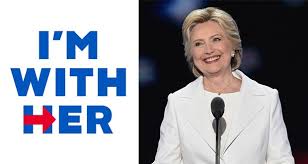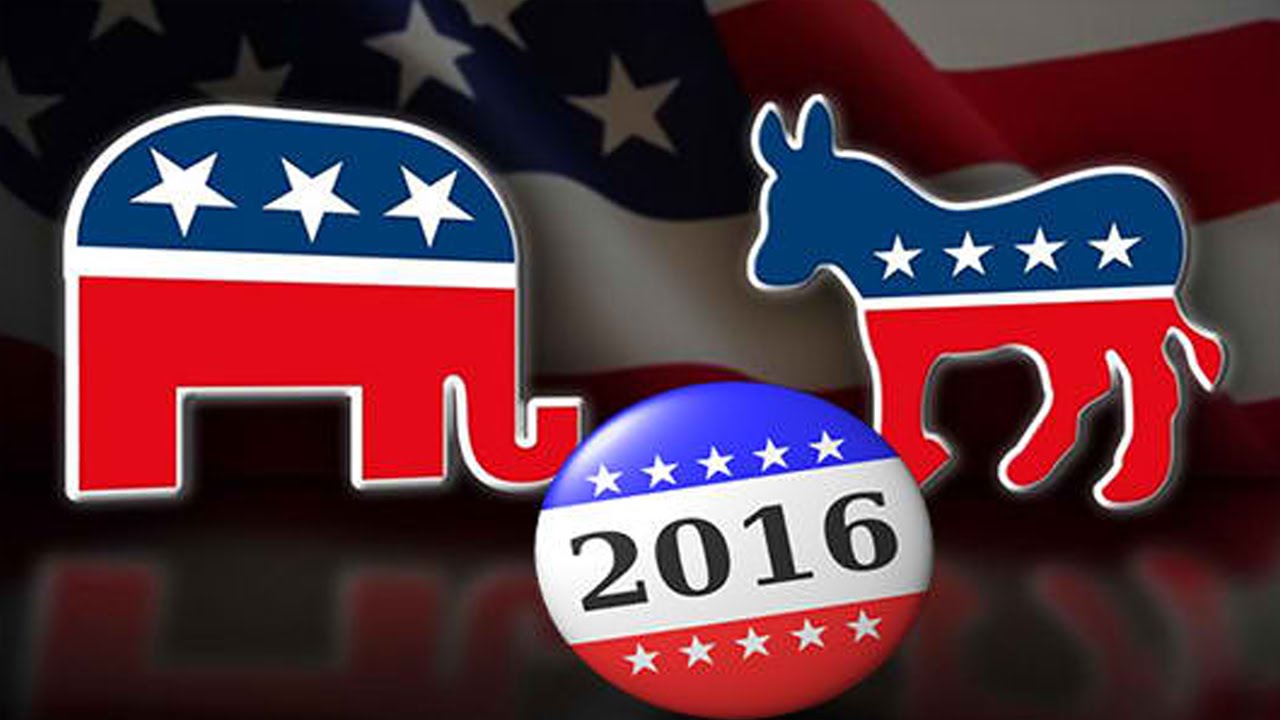
Who’s your choice for president this election? How did you make your decision? Given where you live and who you are, you might never really had a choice! Your vote might have been decided for you even before you were born… Might.
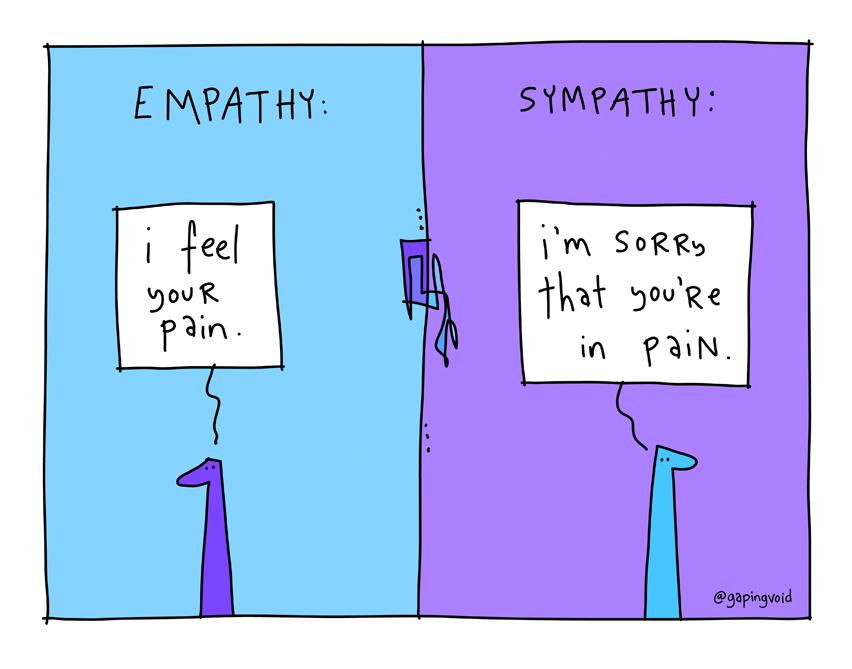
Cultural Argument: Empathy versus Sympathy
There is a lot of talk about the presidential candidates that start with:
Who would you rather have beer with?
Why does such a question have resonance? Why do we put so much importance on our ability to relate to the candidate? Why do we feel that our ability to visualize ourselves hanging out with a potential president somehow qualifies them for office? Many pundits and TV personalities try to convince us that it matters one way or another. But why does it work? Why do people believe them?
Well, there is actual is a reason, and it just happens to be culturally-based. It is worth looking at another example that has nothing to do with people running for the Office of the President of the United States of America. Consider mental illness. How do you feel about a person with schizophrenia? How do you feel about a person with Post Traumatic Stress Disorder? Are your feelings different? Would you be more comfortable allowing your kids to come play in the house of a schizophrenic or a PTSD sufferer? Be honest — no one will judge you in the comfort of your computer chair or while you are reading your cell. If you are honest, you would say if feels different somehow. But why?
The answer is our Western Culture. Schizophrenia is something one is born with, we are told. It’s in the DNA of the person suffering that disease. That means that if you don’t have it as an adult, you won’t likely suffer a sudden onset of the disease. PTSD is different. We all could experience a horrible event that leaves us scarred and traumatized. That means that we are all potentially capable of getting PTSD. And that is a huge difference. One is an alien condition of unfortunate few born that way. The other is an accident — “there by the grace of God” sort of thing. We can sympathize with someone who has schizophrenia. But we empathize with a person with PTSD.
Other cultures are different. In Africa, some tribes view schizophrenia as demon possession. Anyone can be “possessed” at any time. It could happen to you, it could happen to me. And the “possession” is transitory (as are the severity of symptoms of schizophrenia over time). So people in that culture empathize rather than sympathize with the sufferer.
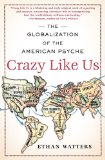
For a detailed account of the differences in treatment and outcomes of schizophrenia, please read Ethan Watters’s “Crazy Like Us” — click on the book cover to read more about the book.
Now let’s apply the same reasoning to 2016’s presidential candidates: Hillary Clinton and Donald Trump.
Hillary is very smart. When people meet her, the thing they say about her is that she was the smartest person in the room. She is also cold and unpersonable. Sure she is also very well educated and had loads of experience, but we all imagine that we too could have gotten the education and experience if we put our minds to it…maybe. But the thing that drives everything else unimportant is Hillary’s intelligence. That’s innate. Hillary was born smart. She had opportunities to increase and develop her mental potential at top schools and with great teachers, but she started out with more than her fair share of the brain power. Most people can’t empathize with her because they can’t be her.
But people can empathize with Trump! People can imagine themselves rich. It’s a common fantasy — the main reason people buy lottery tickets and one of the reasons that emails soliciting personal information as part of some inheritance scheme work — it could happen! (Someone in Nigeria could have died and left me millions…) People can empathize with Trump’s bumbling performance during speeches and debates — it’s only human to make mistakes! Only cold-hearted alien bitches stay calm when personally attacked…
So culturally, we the Westerners are pre-conditioned to empathize with Trump. He is the one we would want to spend time with, have a beer together, because we can imagine ourselves being him. He is no great intellect, he does the best as he can with what he’s got, just like all of us. Hillary is too different. Most of us can never relate to her because we can’t imagine being her. We don’t even sympathize with her much. She’s just too alien, too other. And that makes a huge difference.
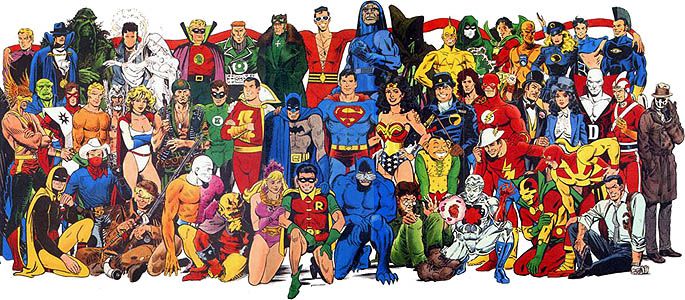
Psychological Argument: Everyone Loves the Underdog
Americans love the underdog — an unlikely individual who managed to beat the odds to get to the top. American mythology is full of examples of characters who beat the odds:
Spiderman — an orphan who gets bit by a radioactive spider and lives to avenge not only his family but others who were somehow wronged…
Harry Potter — a classic underdog! (also an orphan)
Oliver Twist — another orphan that lives despite the odds…
Luke Skywalker — he thought he was an orphan… Yet again, a classic underdog making a classic Hero’s Journey…
Batman — another orphan who grows up to disperse justice… [and he was even born rich]
Americans don’t have Zeus or Thor or some other mythological contracts that came from having eons of shared history. We are a new nation. Young. And so we made our own mythology. And most of our heroes are underdogs — because we are a nation of underdogs. So our most beloved characters are the unlikely heroes.
Trump styled himself as an outsider, as a political underdog, and it worked! The more the media and top politicians talked of him as unfit to govern, the more his perseverance endeared him to his supporters. He became an embodiment of some mythological hero construct. His fight for the presidency despite the odds resonated with the citizens. And they were willing to grant him characteristics that other heroes have: honor, bravery, generosity, goodness.
But unfortunately, those were just illusions. Being an underdog doesn’t necessarily implies all of the traits of heroes. It’s just an anchoring error, a mental model trap. Mythology is just a cognitive scaffolding used to short-cut understanding. Trump might be portrayed as an underdog, but he is nothing less than a predator.

Evolutionary Argument: Us versus Them
Humans and other animals divide themselves into groups. There’s my group, and then there are others. Others are bad — they use up my resources. They eat my food; they take my jobs; they waste my time; they use up my benefits; they take away attention from me and my children… It’s me or others! The division is there, built into our brains by the long years of our evolution. Wolf packs, bee hives, herds of wildebeests, ant hills, bird flocks, they all mark members of their groups and fight for resources and territory against others.
How humans define the group they belong to is a function of their upbringing and the social and cultural norms in which they were raised. On a large scale, we have a country — we pledge our allegiance to that big group that we belong. The smallest is a group of me, then my family, then my neighborhood, then my city, my state, etc. But of course, humans have other ways of dividing into groups: democrats and republicans, religious and non-religious, blonds and brunettes. Humans like to make categories, to look for patterns even where none exist. And so we divide into racial groups, and linguistic groups, and geographic groups, and gender groups, and age groups, and political groups, and cultural groups, and socio-economic groups, and religious groups, and fitness groups, and linguistic groups… If there is a way to tell one group from another on however flimsy a basis, we divide — because we compete for resources. It’s who we are. It’s what life does.
One of the greatest signs of civilization is our human ability to overcome this need for grouping and see beyond the differences and above the need to fight for resources. We come together as humans. We can even come together as inhabitants of Earth — that would include all life on this planet. We are capable of doing that. But we also capable of doing less.
The biggest shame of this current election is the move to identify differences and try to push and exclude as many individuals from the whole community of the United States as possible. Trump managed to highjack this primal evolutionary drive to divide into antagonistic groups in his favor. And it is terrifying.
Being civilized means being able to rise above our primary urges, to see ourselves in others, to empathize with people, to have the will not to fall back on easy mythological thinking, and be a better person.
